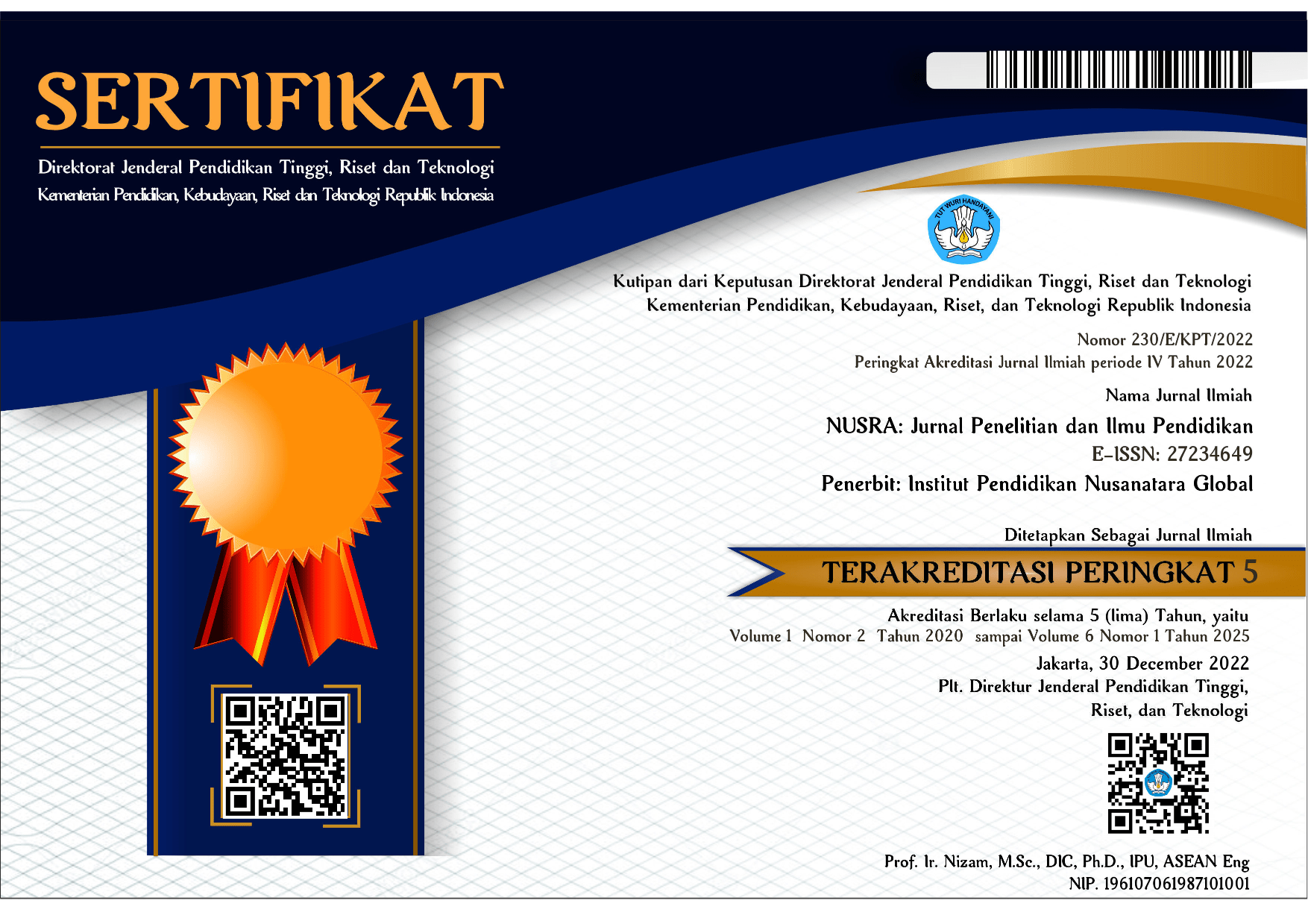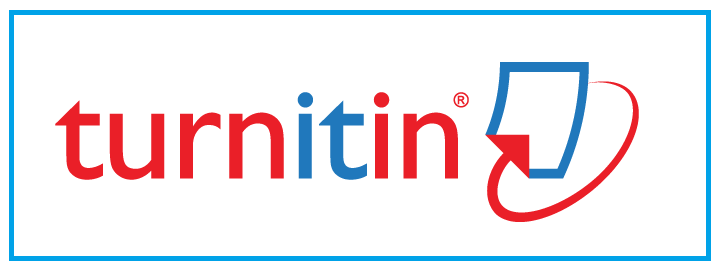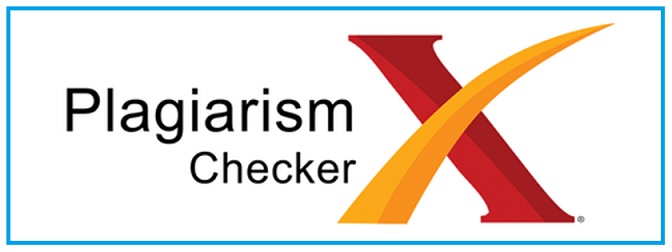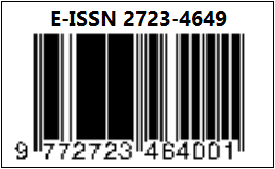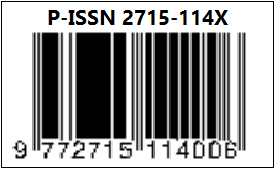Adaptasi MSLQ untuk Kesuksesan Mahasiswa: Eksplorasi Faktor Motivasi Belajar di Fakultas Ekonomi dan Bisnis Universitas Budi Luhur
DOI:
https://doi.org/10.55681/nusra.v5i1.1983Keywords:
MSLQ, EFA, Learning MotivationAbstract
This study aims to analyze the factors that influence Student Learning Motivation. Data collection using online forms with the Census method and the analysis method used is Exploratory Factor Analysis (EFA) with a Research Sample of 238 Students of the Faculty of Economics and Business Class of 2023. Based on the results of this study, 10 factors were obtained that influence student learning motivation, self-confidence factors, self-doubt factors, Intrinsic Motivation, Academic Motivation or Motivation to Learn, Emotions Related to Academic Achievement, Confidence in Academic Ability, Extrinsic and Intrinsic Motivation factors, Self-Confidence in Learning Ability, Knowledge Transfer Confidence. Confidence in Learning Ability. Based on the results of the analysis, it can be concluded that there are 10 factors out of 31 indicators that motivate student learning. Factors that influence students' learning motivation are self-confidence factors, self-doubt factors, Intrinsic Motivation, Academic Motivation or Motivation to Learn, Emotions Related to Academic Achievement, Confidence in Academic Ability factors, Extrinsic and Intrinsic Motivation factors, Self-Confidence in Learning Ability, Confidence Knowledge Transferability. Confidence in Learning Ability.
Downloads
References
Costello, A. B., & Osborne, J. W. (2005). Best practices in exploratory factor analysis: Four recommendations for getting the most from your analysis. Practical Assessment, Research & Evaluation, 10(7), 1-9.
Deci, E. L., & Ryan, R. M. (1985). Intrinsic motivation and self-determination in human behavior. Plenum Press.
Fabrigar, L. R., Wegener, D. T., MacCallum, R. C., & Strahan, E. J. (1999). Evaluating the use of exploratory factor analysis in psychological research. Psychological Methods, 4(3), 272-299.
Hair Jr., J. F., Black, W. C., Babin, B. J., & Anderson, R. E. (2019). Multivariate data analysis: Cengage
Hinkin, T. R. (1998). A brief tutorial on the development of measures for use in survey questionnaires. Organizational Research methods, 1(1), 104-121
Lisiswanti R, Sanusi R, Prihatiningsih T S. 2015. The Constructs Validity and Reliability of Motivated Strategies Learning Questionnaire (MSLQ). Prosiding World Association of Lesson Studies (WALS) International Conference. Bandung: WALS
Lorenzo-Seva, U. (2013). How to report the percentage of explained common variance in exploratory factor analysis. Unpublished manuscript
Muhammad Rezki Ian.dkk (2022). Persepsi Pengguna Ojek Online di Masa Pandemi Covid-19 dengan Metode Analisis Faktor Eksploratori. Journal of Civil Engineering and Planning Vol. 3, No. 1 | 2022
Munaza Nausheen (2016). An Adaptation of the Motivated Strategies for Learning Questionnaire (MSLQ) for Postgraduate Students in Pakistan: Results of an Exploratory Factor Analysis, Bulletin of Education and Research, Vol. 38, No. 1 pp. 1-16
Pintrich, P. R. (2003). A motivational science perspective on the role of student motivation in learning and teaching contexts. Journal of Educational Psychology, 95(4), 667-686.
Pintrich, P. R., dan And Others. 1991. A Manual for the Use of the Motivated Strategies for Learning Questionnaire (MSLQ). https://eric.ed.gov/?id=ED33812
Robbins, Stephens. 2015. Perilaku Organisasi. Jakarta : Salemba Empat
Ryan, R. M., & Deci, E. L. (2000). Self-determination theory and the facilitation of intrinsic motivation, social development, and well-being. American Psychologist, 55(1), 68-78.
Rotgans, J. I., dan Schmidt, H. G. 2010. The Motivated Strategies for Learning Questionnaire: A Measure for Students’ General Motivational Beliefs and Learning Strategies. Asia-Pacific Education Researcher (De La Salle University Manila), 19(2).
Rima Kusuma Ningrum (2021). Validitas dan Reliabilitas Motivated Strategies For Learning Questionaire (MSLQ) pada Mahasiswa Kedokteran. PENDIPA Journal of Science Education, 2021: 5(3), 421-425
Santrock J. 2011. Educational Psychology. 5th ed. New York: The McGraw-hill companie
Sri Zulaihatia and Umi Widyastutia* (2020) Determinants of consumer financial behavior: Evidence from households in Indonesia. International Journal of Industrial Engineering Computations Quarterly Publication Vol 6 Issue 7 pp. 1193-1198 ,
Urdan, T., & Schoenfelder, E. (2006). Classroom effects on student motivation: Goal structures, social relationships, and competence beliefs. Journal of School Psychology, 44(5), 331-349.
Wang, M. T., & Eccles, J. S. (2012). Social support matters: Longitudinal effects of social support on three dimensions of school engagement from middle to high school. Child Development, 83(3), 877-895.
Williams K, Williams C. 2011. Five Key Ingredients for Improving Student Motivation. Research in Higher Education Journal. 12:1-23
Williams, B., Onsman, A., & Brown, T. (2010). Exploratory factor analysis: A five-step guide for novices. Australasian Journal of Paramedicine, 8(3).
Yulianti, P., dan Fitri, M. E. Y. 2017. Evaluasi Prestasi Belajar Mahasiswa Terhadap Perilaku Belajar dan Motivasi Belajar Mahasiswa di Perguruan Tinggi Kota Padang Provinsi Sumatera Barat. Jurnal Akuntansi, Ekonomi dan Manajemen Bisnis, 5(2), 242. https://doi.org/10.30871/jaemb.v5i2.575
Zusho, A., Pintrich, P., & Coppola, B. (2011). Skill and will: The role of motivation and cognition in the learning of college chemistry. International Journal of Science Education, 33(16), 2159-2183.
Downloads
Published
How to Cite
Issue
Section
License
Copyright (c) 2024 Aris Wahyu Kuncoro, Umi Widyastuti, Tuty Sariwulan, Corry Yohana

This work is licensed under a Creative Commons Attribution-ShareAlike 4.0 International License.


